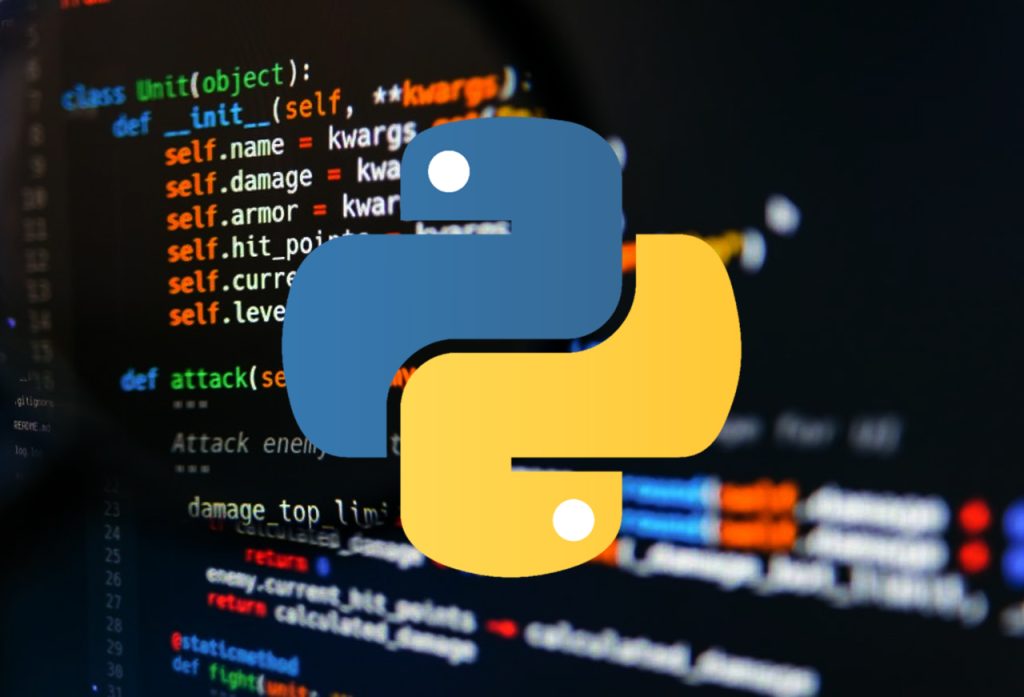Python: The Versatile Programming Language

What is Python?
Python is a high-level, general-purpose programming language known for its simplicity, readability, and versatility. It was created by Guido van Rossum in the late 1980s and has since become one of the most popular programming languages in the world.
Why is Python so popular?
Several factors contribute to Python’s popularity:
- Readability: Python’s syntax is clean and easy to understand, making it a great language for beginners and experienced programmers alike.
- Versatility: Python can be used for a wide range of applications, from web development and data analysis to machine learning and automation.
- Large community: Python has a large and active community of developers, which means there are plenty of resources and support available.
- Cross-platform compatibility: Python code can run on various operating systems, including Windows, macOS, and Linux.
Use Cases of Python
Python is used in many different industries and for a variety of purposes, including:
- Web development: Python frameworks like Django and Flask are popular choices for building web applications.
- Data analysis and visualization: Libraries like NumPy, Pandas, and Matplotlib make it easy to work with data and create visualizations.
- Machine learning: Python is the go-to language for machine learning, with libraries like TensorFlow and PyTorch.
- Scientific computing: Python is used in scientific research and engineering thanks to libraries like SciPy and SymPy.
- Automation: Python can be used to automate repetitive tasks, such as sending emails or scraping websites.
Advantages of Python
- Easy to learn: Python’s simple syntax and clear structure make it easy to pick up, even for those with no prior programming experience.
- Large community and ecosystem: Python has a vast community of developers, which means there are plenty of resources, libraries, and frameworks available.
- Versatility: Python can be used for a wide range of applications, making it a valuable skill for many professionals.
- Efficiency: Python is generally efficient, especially for tasks that involve data analysis and scientific computing.
Disadvantages of Python
- Performance: While Python is efficient for many tasks, it can be slower than compiled languages like C++ or Java for computationally intensive applications.
- Global Interpreter Lock (GIL): The GIL limits the number of threads that can execute Python code at once, which can affect performance in multi-threaded applications.
Python is a powerful and versatile programming language that can be used for a wide range of applications. Its simplicity, readability, and large community make it a great choice for both beginners and experienced programmers. While it has some limitations, such as performance and the GIL, Python’s advantages far outweigh its disadvantages.

